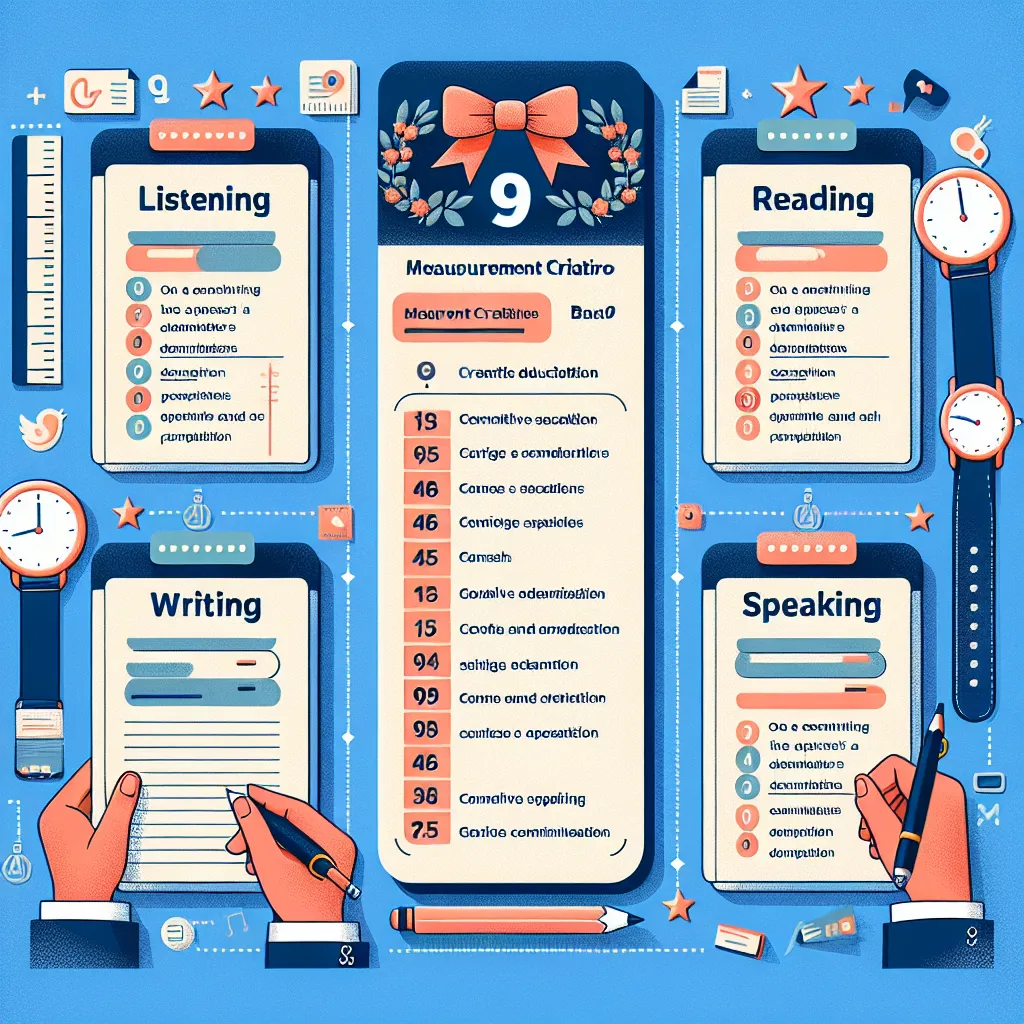Preparing for the IELTS Listening test can be challenging, but with the right strategies and consistent practice, you can significantly improve your scores. In this comprehensive guide, we’ll explore the most effective methods to enhance your IELTS Listening skills and boost your performance on test day.
Understanding the IELTS Listening Test
Before diving into practice techniques, it’s crucial to understand the structure and format of the IELTS Listening test. The test consists of four sections, each containing 10 questions, for a total of 40 questions. You’ll have 30 minutes to complete the test, plus an additional 10 minutes to transfer your answers to the answer sheet.
Types of Questions
The IELTS Listening test includes various question types:
- Multiple choice
- Matching
- Plan, map, diagram labeling
- Form, note, table, flow-chart, summary completion
- Sentence completion
- Short answer questions
Understanding these question types is essential for targeted practice and effective preparation.
 IELTS Listening Test Format
IELTS Listening Test Format
Best Practices for IELTS Listening Preparation
1. Familiarize Yourself with Various Accents
The IELTS Listening test features speakers with different English accents, including British, American, Australian, and Canadian. To prepare effectively:
- Listen to podcasts, news broadcasts, and YouTube videos featuring diverse English accents
- Watch TV shows and movies from different English-speaking countries
- Use accent-specific IELTS preparation materials
2. Practice Active Listening
Active listening is a crucial skill for IELTS success. To improve:
- Focus on understanding the main ideas and supporting details
- Practice predicting what the speaker might say next
- Take notes while listening to help retain information
3. Improve Your Vocabulary
A strong vocabulary is essential for understanding complex topics in the IELTS Listening test. To expand your vocabulary:
- Learn topic-specific words commonly used in IELTS tests
- Create flashcards for new words and review them regularly
- Use new vocabulary in context through speaking and writing practice
4. Develop Note-Taking Skills
Effective note-taking can significantly improve your performance. Try these techniques:
- Use abbreviations and symbols to write quickly
- Focus on keywords and main ideas
- Practice organizing your notes in a logical manner
5. Use Official IELTS Practice Materials
Official IELTS practice tests are the most accurate representation of the actual exam. To make the most of these resources:
- Complete full-length practice tests under timed conditions
- Review your answers and identify areas for improvement
- Analyze the audio transcripts to understand why you made mistakes
6. Utilize Online Resources and Apps
There are numerous online resources and mobile apps designed specifically for IELTS Listening practice. Some popular options include:
- IELTS Official Practice Materials
- British Council’s IELTS Prep App
- BBC Learning English
- TED Talks
These tools can provide additional practice and help you stay motivated during your preparation.
 IELTS Listening Practice Apps
IELTS Listening Practice Apps
7. Practice Concentration and Focus
The IELTS Listening test requires sustained concentration. To improve your focus:
- Practice listening for extended periods without distractions
- Gradually increase the difficulty and length of your practice sessions
- Try meditation or mindfulness exercises to enhance overall concentration
8. Learn to Predict and Anticipate
Developing the ability to predict what you might hear can greatly improve your listening comprehension. To practice this skill:
- Read the questions before the audio begins and anticipate possible answers
- Pay attention to context clues and introductory statements
- Practice making educated guesses based on the information provided
9. Improve Your General English Listening Skills
While IELTS-specific practice is important, improving your overall English listening skills is equally beneficial. Try these activities:
- Listen to English radio shows or podcasts during your daily commute
- Watch English-language TV shows and movies with subtitles
- Engage in conversations with native English speakers or language exchange partners
10. Time Management Practice
Managing your time effectively during the test is crucial. To improve your time management skills:
- Practice transferring answers within the allotted 10-minute transfer time
- Learn to pace yourself through each section of the test
- Develop strategies for dealing with difficult questions without getting stuck
Common Mistakes to Avoid
When practicing for the IELTS Listening test, be aware of these common pitfalls:
- Focusing too much on unfamiliar words and missing subsequent information
- Failing to read the questions carefully before the audio begins
- Not paying attention to plural forms and grammatical structures in answers
- Misspelling answers or writing them in the wrong format
- Getting distracted by background noise or unfamiliar accents
By being aware of these potential mistakes, you can develop strategies to avoid them during your practice sessions and on test day.
Next Steps in Your IELTS Listening Preparation
Now that you’re familiar with the best practices for IELTS Listening preparation, it’s time to create a structured study plan:
- Assess your current listening skills using an official IELTS practice test
- Identify your weaknesses and areas for improvement
- Set realistic goals for your IELTS Listening score
- Create a daily or weekly practice schedule incorporating the strategies mentioned above
- Regularly evaluate your progress and adjust your study plan as needed
Remember, consistent practice and a well-rounded approach to improving your English listening skills are key to achieving your desired IELTS Listening score.
By following these best practices and dedicating sufficient time to preparation, you’ll be well-equipped to tackle the IELTS Listening test with confidence. Keep practicing, stay motivated, and don’t hesitate to seek additional resources or professional guidance if needed. Good luck with your IELTS journey!




